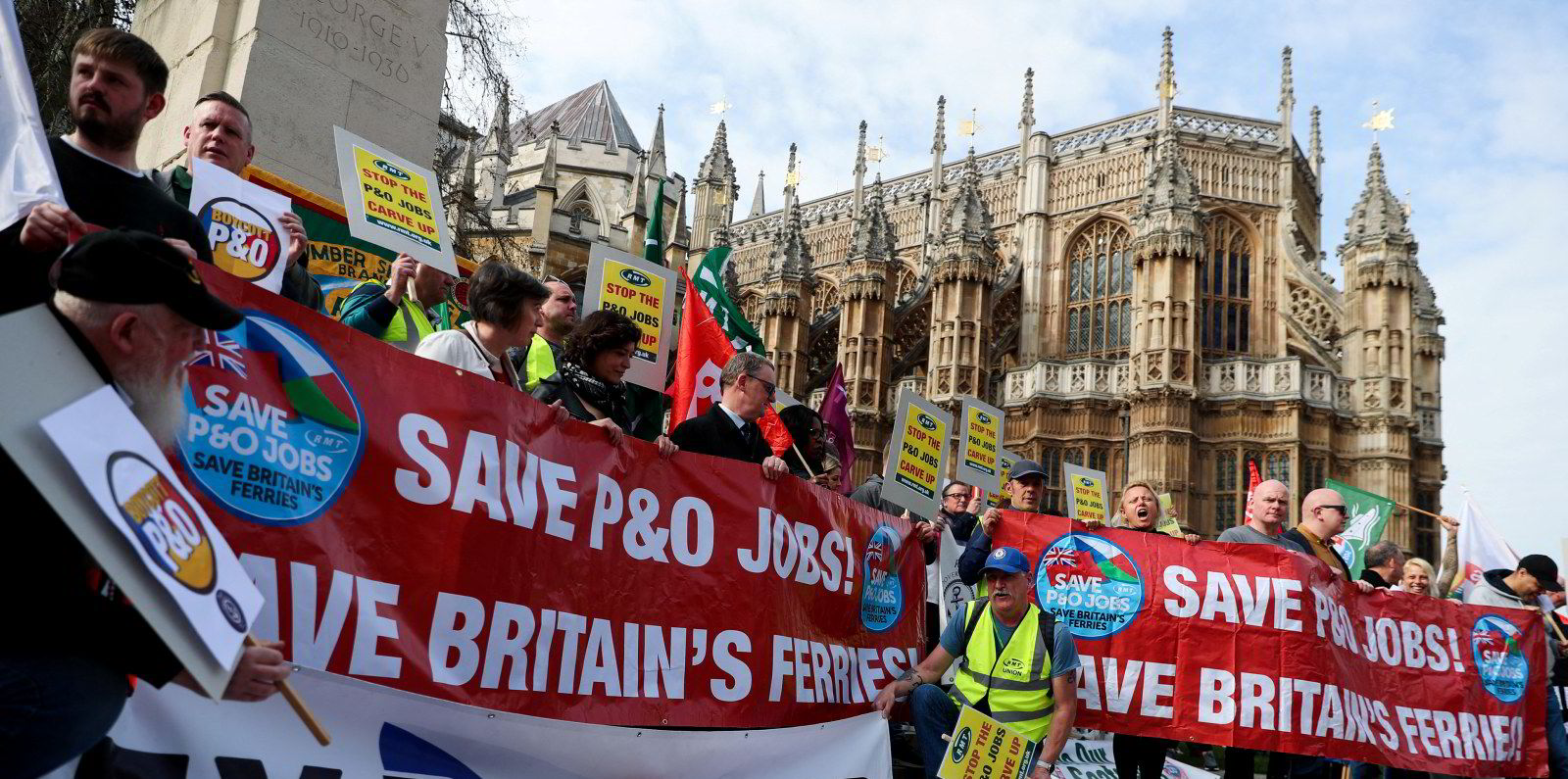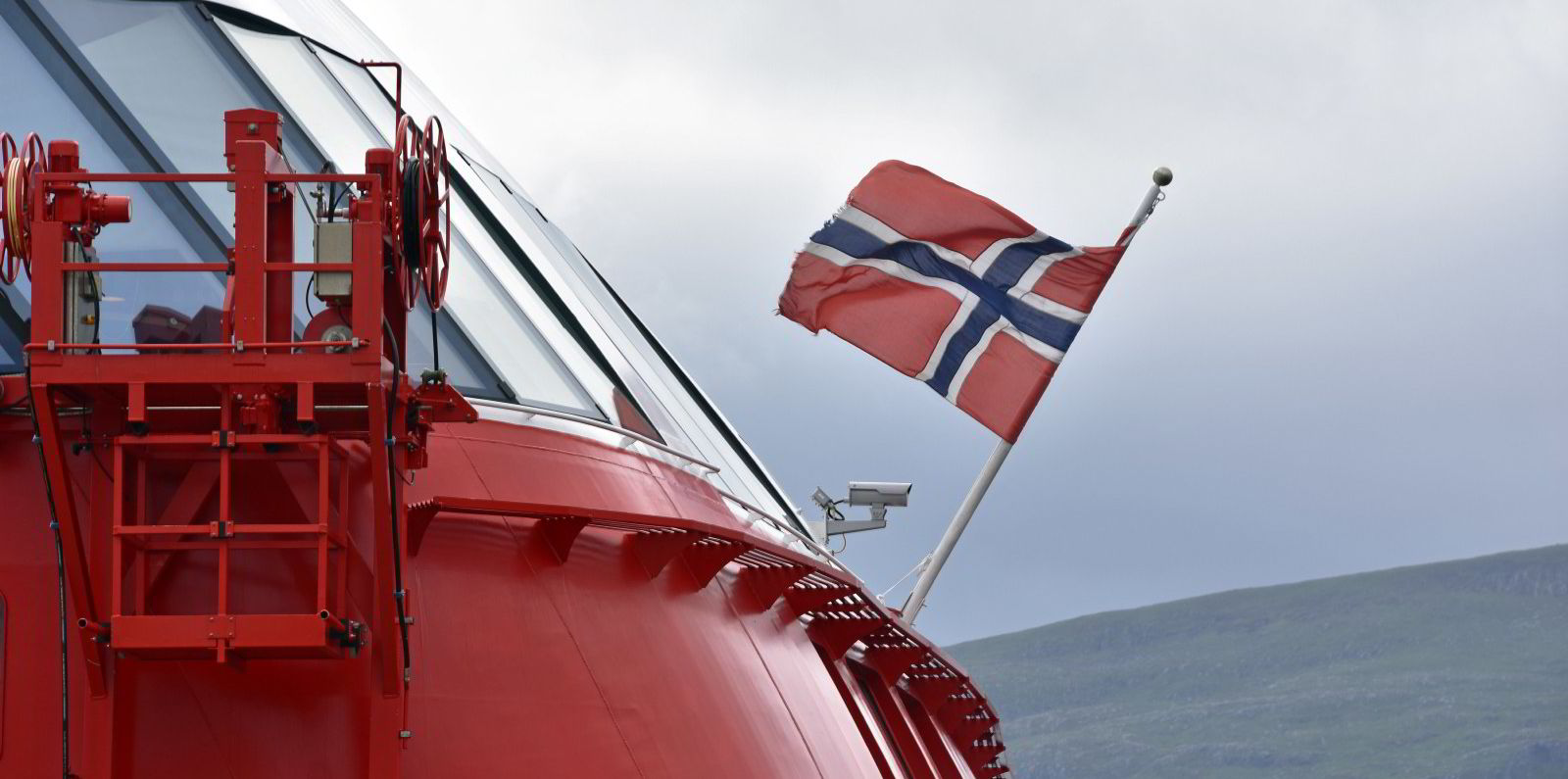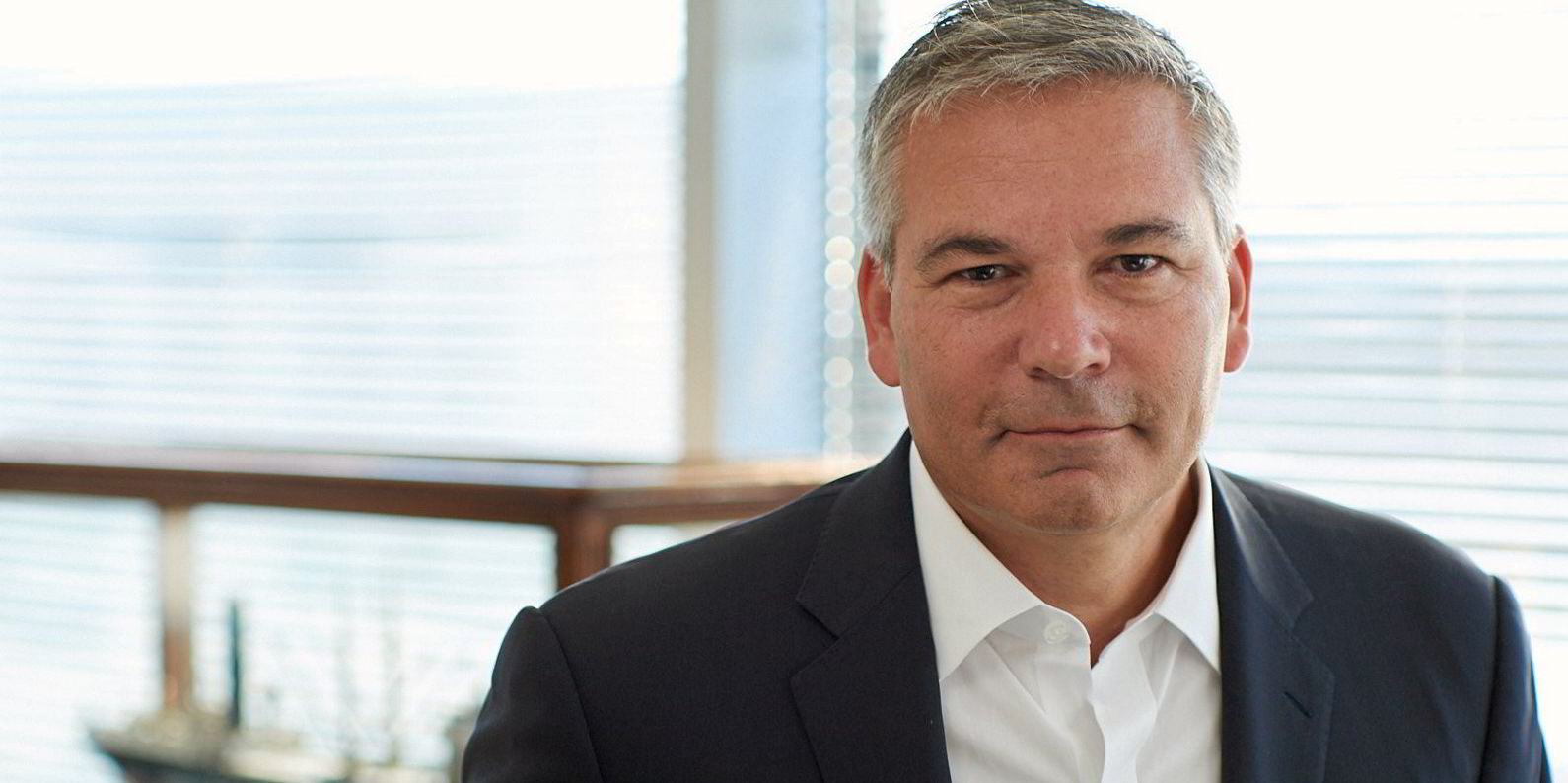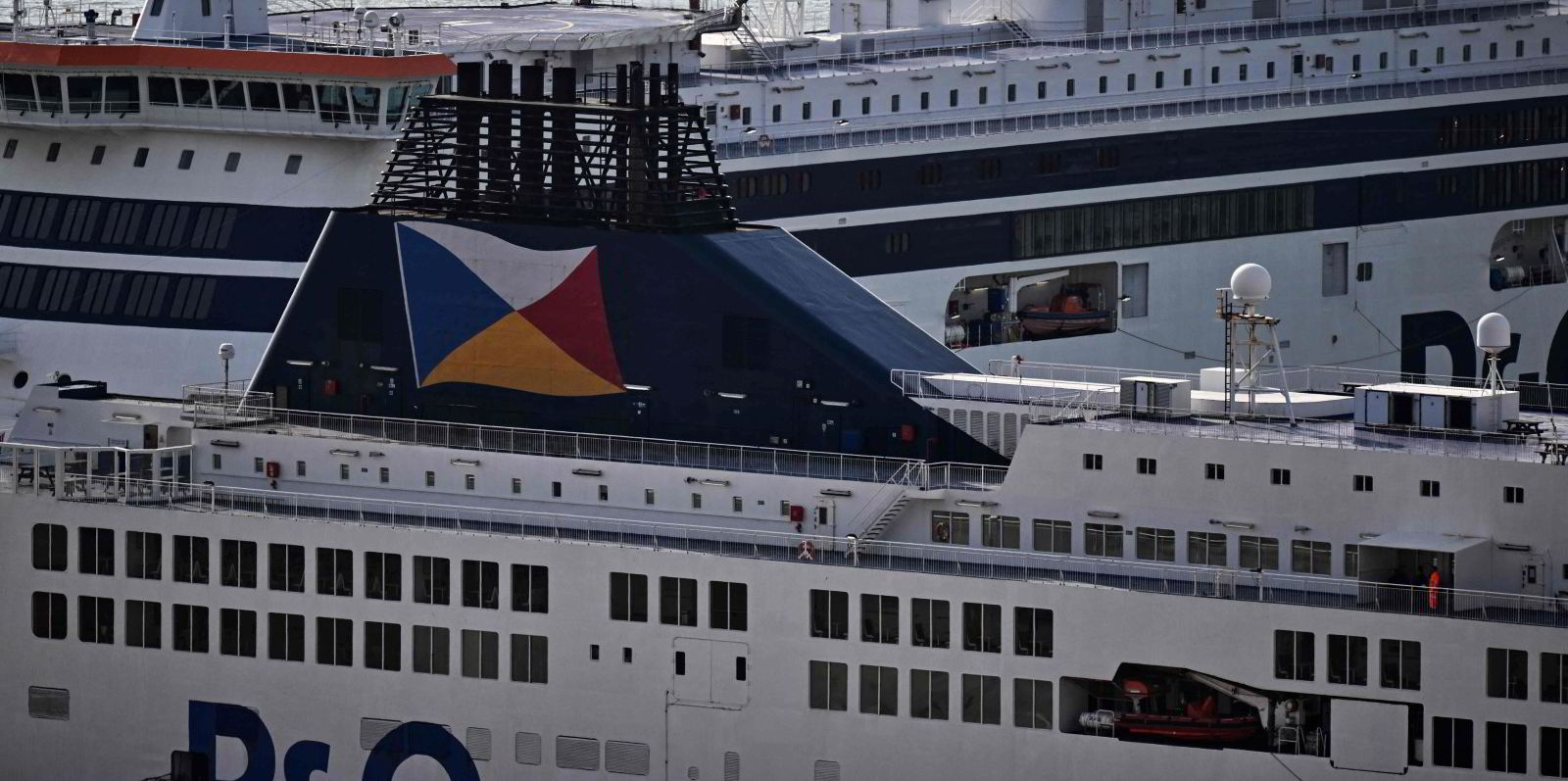Norwegian ferry company Hurtigruten has embraced local maritime unions’ demands for Norwegian salary levels, and terms and conditions for vessels operating in its waters.
But Hurtigruten has gone further, adding that the terms should apply to international vessels calling at more than one Norwegian port, for example, cruise ships visiting the scenic fjords.
Its views are in stark contrast to P&O Ferries, which recently sacked 800 British seafarers to cut costs, claiming it had no alternative.
At present, Hurtigruten has six expedition ships operating internationally, all under the Norwegian International Ship Register or NIS, largely on international terms and conditions. It also has seven ferries operating along the Norwegian coast under the domestic Norwegian Ordinary Ship Register (NOR) flag, with Norwegian terms and conditions.
The operations are run as two separate companies. Hurtigruten says if the government proposes, as expected, that Norwegian wages and terms should apply in Norwegian waters, then the NIS-flagged vessels will also be brought into line with Norwegian norms.
Setting the bar
Norwegian salaries are among the highest in the world. While officers’ earnings are in line with elsewhere in northern Europe, an able seaman will earn about $55,000 per year.
Minister of fisheries and ocean policy, Bjornar Skjaeran, welcomed the “very positive signals” from Hurtigruten and said equal wages and working conditions would create a more just working life for seafarers in Norwegian waters, regardless of flag.
“I will take their ideas into the process we already have underway,” he said. Skjaeran is expected to issue a legislative white paper shortly, which he aims to see made law by the autumn.
Hurtigruten CEO Daniel Skjeldam told the Maritim Logg union magazine: “We have to accept that demands are made on us. We’ve already got Norwegian wages and working conditions in our Norwegian coastal services and always have had.
“The government’s proposals are really good. We think it’s right that the government is proposing it should apply to all ships calling at more than one port in Norway. It would be a level playing field and would have a big effect on the number of Norwegian seafarers and value creation in Norway.”
The Hurtigruten position of course pleases the unions, which have campaigned for years for the terms and now have a Labour-led government supporting them.
Lena Dyring, director of cruise operations for the Norwegian Seafarers’ Union, said: ‘We’re really happy about the approach. The reason why Hurtigruten is doing it is that they have two separate operations, Norway as well as the expedition ships — so ferry and cruise services.
“They have Norwegian terms and conditions and they want to preserve that. What they don’t want is unfair competition from the cruise and from the ferry market, where someone can come in and sail up and down the coast with crews on different terms and conditions than operators based here.
“They want to protect their operation in the Norwegian ordinary ship register.”

National measures to protect domestic markets are not restricted to Norway. Alaskan authorities previously introduced environmental fees on cruise passengers. “The whole industry said no one would want to cruise in Alaska anymore, and it would go down the drain, but people still pay and cruises have increased,” said Dyring.
One of the points for debate in Norway is over how many port calls need to be made for Norwegian wages and working conditions to apply. Some in the industry, such as Hurtigruten, argue one, while others would be happy with a more liberal line and allow two, three or even four calls with an exemption.
Levelling the playing field
Dyring said: “The proposed limitation of one Norwegian port before Norwegian terms and conditions kick in would create a level playing field for fair competition for all operators cruising in Norwegian waters.”
General secretary of trade union confederation LO, Peggy Hessen Folsvik, expressed delight at Hurtigruten’s position. LO has fought for Norwegian terms and wages for years, alongside the maritime unions. “There have been many battles over what should have been a matter of course,” she said.
“That Hurtigruten as a company is now choosing to be so clear about wanting decent conditions is a big support to our and the government’s work to ensure Norwegian seafarers a credible working life.”





